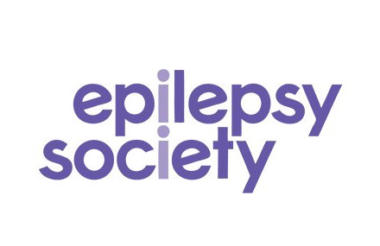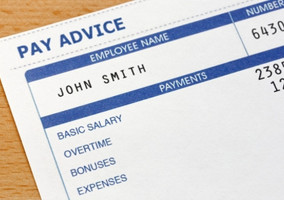The Epilepsy Society is one of a handful of charities that were included in today’s list of companies that have breached minimum wage rules.
In a statement, the charity said it was "devastated and shocked" about the unintentional error and has repaid workers.
Between June 2014 and June 2017, the charity was found to have underpaid 26 workers by a combined total of £55,348 and was the fourth worst offender in the list, when ranked by the total arrears amount.
The Epilepsy Society has an annual income of £17m and employs 450 people, according to its latest annual accounts for the year ending 31 March 2017.
The underpayment came about because some workers have their accomodation provided by the charity, but it was not aware of the government's accomodation offset level of £6.40 per day.
Epilepsy Society statement
In a statement this morning the charity said: "We were devastated and shocked to find Epilepsy Society listed among UK employers who do not pay their employees the national minimum wage. The list is published by the Department for Business, Energy and Industrial Strategy (BEIS).
"As a charity that cares for people, we very much value all of our 450 staff and ensure that all employees receive at least the national minimum wage. We also provide a range of staff benefits including on-site staff accommodation, and this is where an error has unintentionally occurred.
"Those employees who live in our staff accommodation (currently 26) have their rent deducted directly from their pay. Accommodation is provided at a reduced rate but we were unaware that it was above the government's 'accommodation offset level' of £6.40 per day. We are regularly audited by independent auditors and had not been advised that our practice - introduced specifically to support our staff - did not fall within the parameters of the law.
"Last year, HM Revenue and Customs (HMRC) informed us that by taking rent direct from employees' salaries, this meant their pay effectively dropped below the national minimum wage. We have since worked closely with HMRC to proactively resolve this issue. We have reimbursed all staff who have been affected.
"In line with government regulations, all those who are on the national minimum wage are now only charged a maximum of £6.40 per day for their accommodation.
"All arrears reimbursed have come out of money procured through our business operation and have not affected our fundraising charitable income."
Other charities
Civil Society News identified three other charities on the list of 179 companies published by the Department for Business, Energy and Industrial Strategy today.
North Asian Care was found to have underpaid 70 workers by a combined total of £15,687 for the period July 2012 to September 2016.
Between April 2014 and March 2017, Threshold Housing underpaid 41 workers by a combined total of £26,034.
Extra Care for Elderly People, a charity in Northern Ireland, had arrears of £1,776, relating to six workers between June 2014 and August 2016.
Andrew Griffiths, business minister, said: “There are no excuses for short-changing workers. This is an absolute red line for this government and employers who cross it will get caught - not only are they forced to pay back every penny but they are also fined up to 200 per cent of wages owed.
“Today’s naming round serves as a sharp reminder to employers to get their house in order ahead of minimum wage rate rises on 1 April.”
This is the 14th time that the government has named and shamed companies that have breached the rules. Employers found to have broken the rules must pay employees what they are owed and also face penalties of up to 200 per cent of arrears, capped at £20,000 per employee.
Organisations only appear on the government’s named and shamed list once their case has been concluded and employees repaid.
A number of social care charities are currently in discussions with the government over back pay owed to sleep-in shift workers.
Related articles











